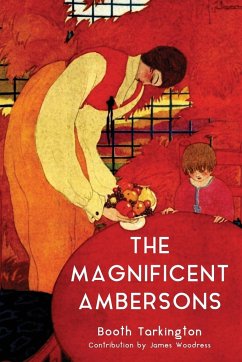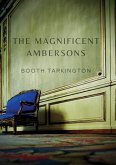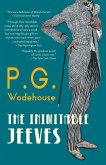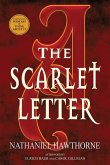WINNER OF THE PULITZER PRIZE Booth Tarkington's Pulitzer Prize-winning masterpiece, The Magnificent Ambersons, chronicles the grandeur and downfall of a once-great family. Set against the backdrop of a rapidly transforming Midwest, Tarkington weaves a mesmerizing tale of pride, passion, and the decline of American aristocracy in the face of industrialization and social upheaval. George Amberson Minafer, the only child of Major Amberson and his wife Isabel, grows up in a lavish mansion, indulged by his doting mother and admired by many in the town. Over the years, his presupposed wealth and status begins to wane as the rise of the automobile industry threatens the family's prominence. The story has inspired multiple adaptations for stage and screen, mostly famously, the 1942 film by Orson Welles starring Joseph Cotten, Dolores Costello, Anne Baxter, Tim Holt, and Agnes Moorehead. Although heavily edited against Welles's wishes, The Magnificent Ambersons is often considered among the best American films ever made. This edition includes insightful commentary about Tarkington's work by James Woodress and a biographical timeline.
Bitte wählen Sie Ihr Anliegen aus.
Rechnungen
Retourenschein anfordern
Bestellstatus
Storno








